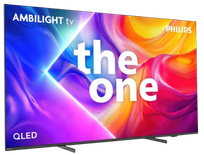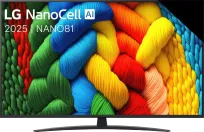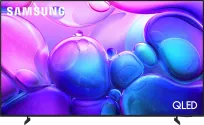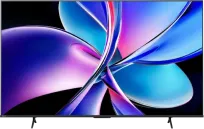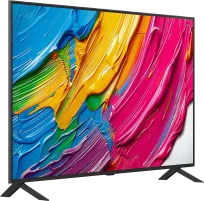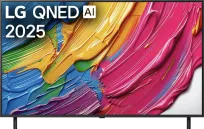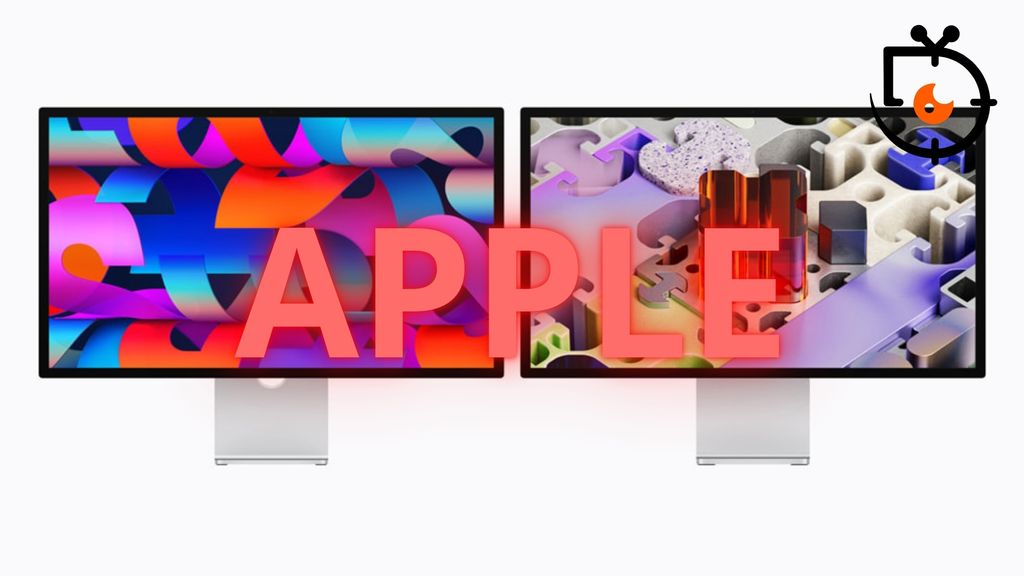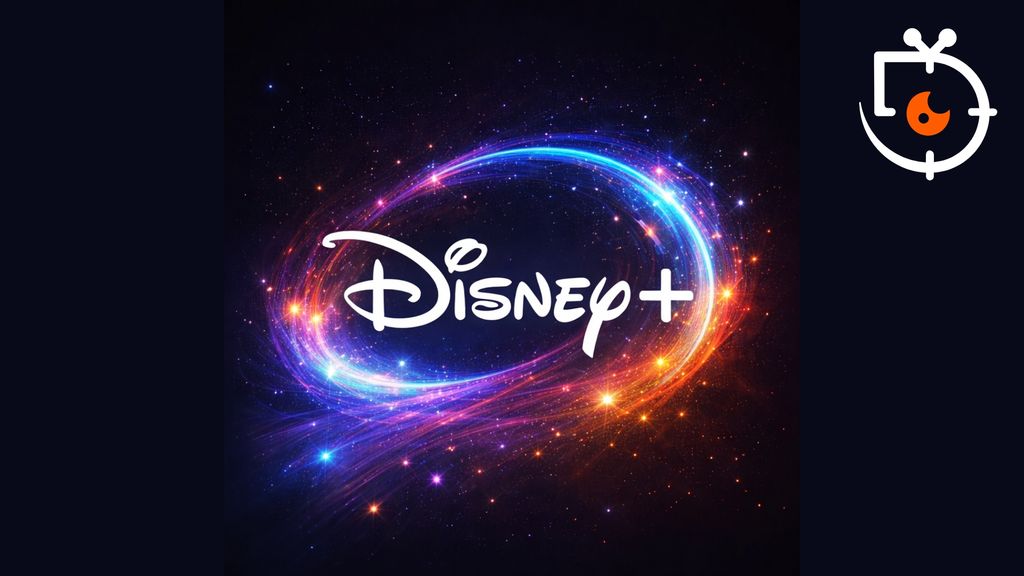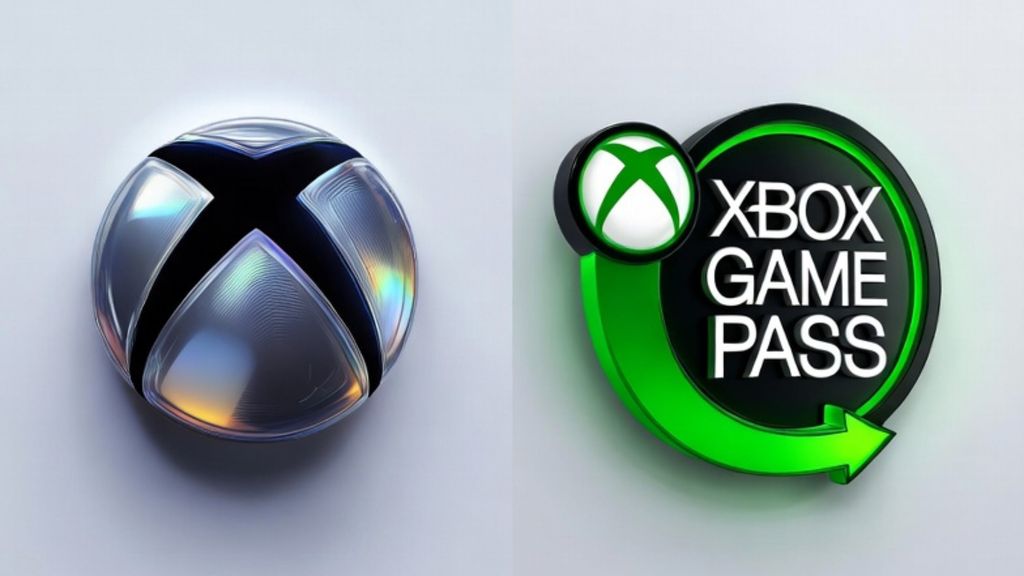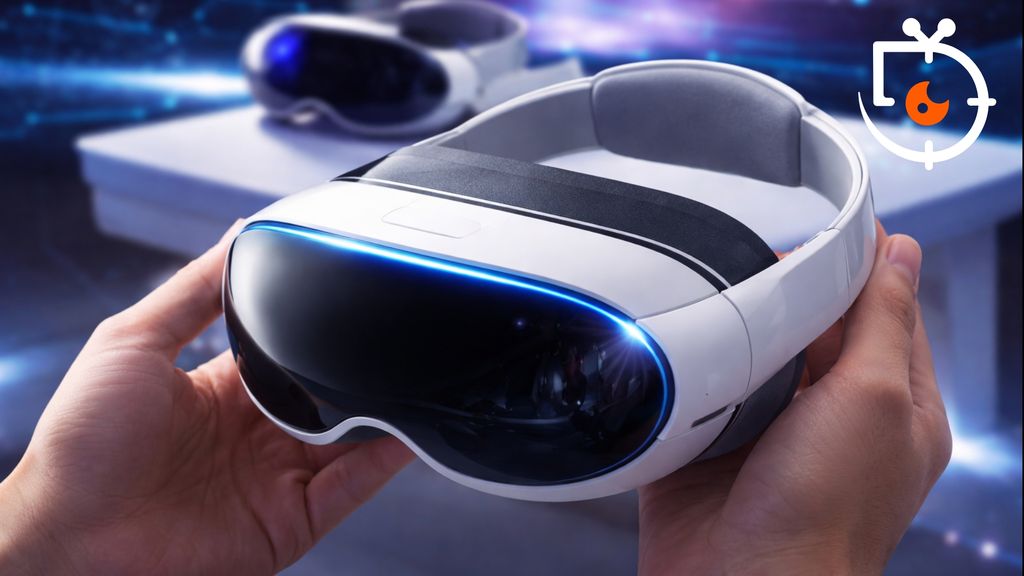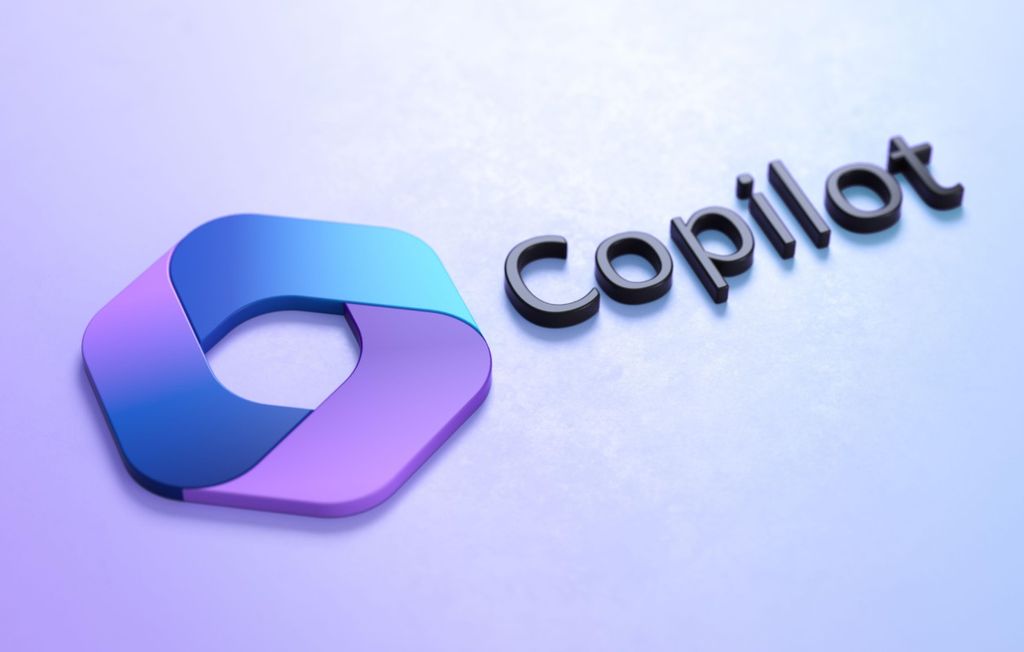
Samsung officially introduces Microsoft Copilot AI to its Smart TVs and monitors. This is not a small step – it’s another attempt to create a “true television assistant” that is meant to function as an AI companion in the living room. Alongside the refreshed Bixby, Copilot is designed to help users find content faster, ask questions, and spend time in a more interactive way.
What can Copilot do on your TV?
Copilot AI is more than just a search engine. From the app on the Tizen OS home screen, Samsung Daily+ or Click to Search, users can:
ask the AI for recommendations for movies and series,
check facts about actors, directors, and productions,
receive plot summaries,
ask questions and engage in natural conversation in multiple languages.
Samsung advertises Copilot as an “AI companion in your living room” – a companion in the living room that is designed to act naturally, rather than like another rigid feature in the TV menu.
Start only from 2025 models
Initially, Copilot will be available exclusively on 2025 Samsung TVs – OLED, LCD, and The Frame – as well as on Smart M7, M8, and M9 monitors. It will only be in the following months that AI is expected to appear on older models and in additional regions.
This resembles a story from a few years ago. Google Assistant was also supposed to be the future of Smart TV – it worked on LG and Samsung televisions, but was quietly removed from most devices. The question is whether Microsoft and Samsung will be able to maintain Copilot for the long term or if it will meet the same fate.
Competition of Giants – Microsoft vs. Google
It’s no coincidence that Copilot is appearing right now. Microsoft is trying to enter the living room at a time when Google is heavily promoting its Gemini on Google TV devices. In the background, there's also Amazon, which is experimenting with Alexa on Fire TV devices.
For Microsoft, this is a natural step – Copilot has been primarily associated with Windows, the Office suite, and the Edge browser. Now it gets a chance to become part of daily entertainment rather than just office work.
Interestingly, this is not AI's first romance with televisions
Interestingly, the collaboration between Samsung and Microsoft did not come out of nowhere. It was announced during the CES 2025 in Las Vegas and immediately caused quite a stir – mainly because few expected that Copilot would reach televisions so quickly.
It is also worth remembering that this is not the first attempt to make the television a place for conversing with AI. Since 2018, manufacturers have been testing integration with Google Assistant and Alexa, but most of these projects did not survive. The main problem was the inconsistent strategy and the fact that users rarely utilized these features in practice.
However, Samsung has been developing its SmartThings vision for years, where the television is meant to be the central point of the home – something more than just a screen for watching movies. In this context, Copilot seems to be a natural extension of that idea: it is meant to help not only with searching for content but also with planning the day or controlling other devices connected to the ecosystem.
Will Copilot be with us for longer?
This is the biggest question mark. History shows that the integration of AI in televisions has not always been beneficial. However, the partnership between Samsung and Microsoft gives Copilot better chances than previous attempts.
If the feature is indeed developed – for example, with deeper integrations with calendars, email, or VOD apps – it could become one of the most important elements of new Smart TVs. And if not… in a few years we will probably remember Copilot the way we currently remember Google Assistant on televisions.
 Katarzyna Petru
Katarzyna Petru